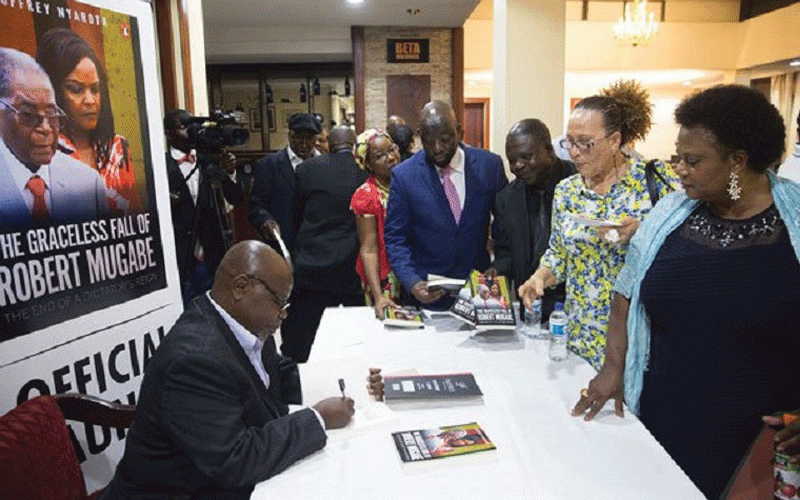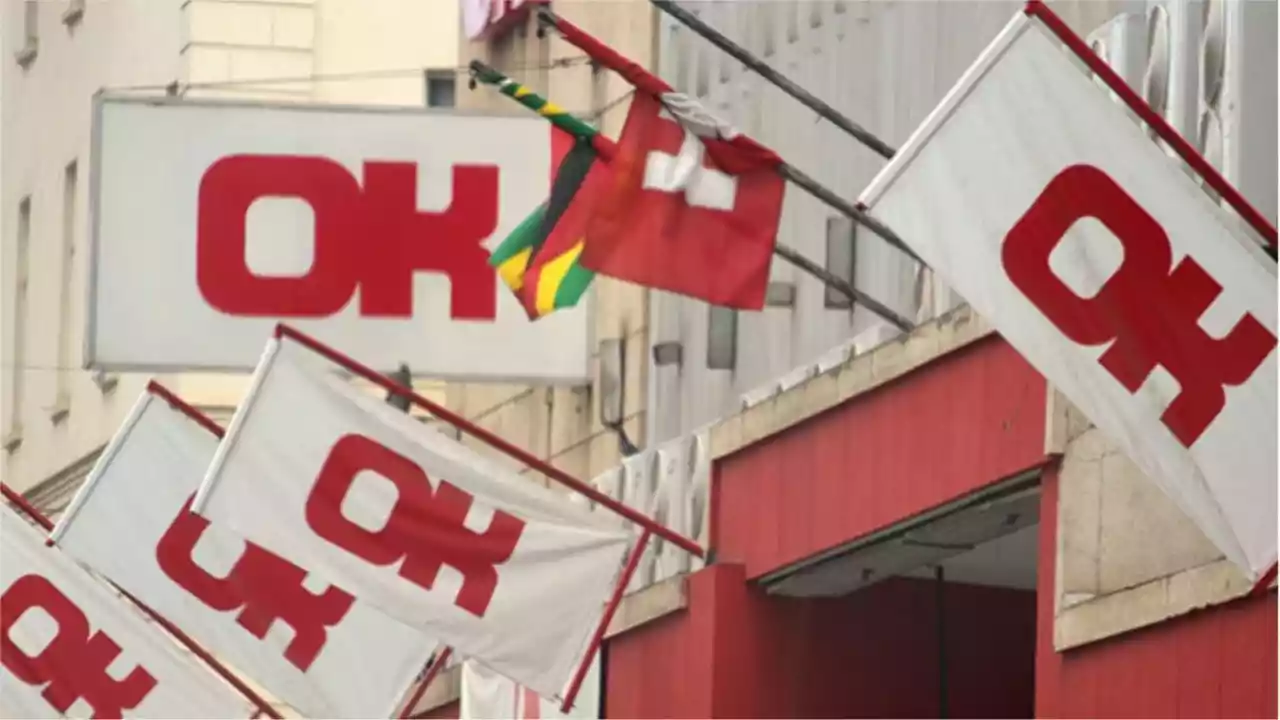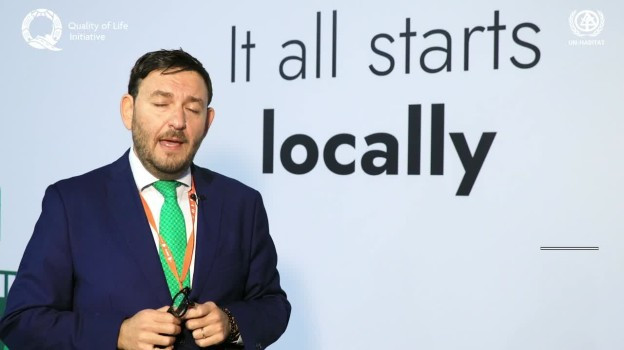
AFTER a hiatus I have had to pen an article in response to the current movement in the exchange rate. Roughly 12 months ago, I wrote about this matter sharing a lot of thoughts, some of which included work done by the Institute of Chartered Accountants of India (ICAI). The article can be found via the following link: https://www.newsday.co.zw/theindependent/2022/07/01/treasury-and-cash-management.
I will avoid all the theory that readers can find in the original publication, but only extract a few key points to recap and then focus on the issues at hand.
Firstly, to remind each other that treasury management incorporates the handling of all financial matters. The two major elements of this function include:
Managing working capital, and
Managing of financial risks e.g., exchange rate movement.
Amongst others, the major objectives of treasury management are to reduce interest charges, manage foreign currency, minimise bank charges, maximise the return on the cash available and mobilise cash resources for a key venture.
Failure to appropriately manage the treasury function, will reduce profitability. Right now, however, I feel like the movement in the exchange rates, which is an example listed under the above mentioned financial risks, can pose a threat to going concern if not managed properly.
Conversely, I believe there is always an opportunity that an agile finance executive can benefit from whenever there are such instances. Given some of the activities that I have observed as businesses try to extract some benefits from a crisis, I want to put it out there that I am not suggesting any unethical behaviour, but simply being deliberate in one’s actions to create some value for their business.
- Treasury management during hyperinflation
Keep Reading
From the entire treasury management function, I will focus solely on the movement in the exchange rates, primarily because that is the largest headache for finance professionals in the country at the moment.
Lessons from history
Just yesterday, I had a chat with a recently qualified CA, and we discussed agility, ethics and risk management. I referred to 2008 hyperinflation. The lesson I was trying to share was how the finance function must think creatively while strictly staying within the confines of honesty and integrity.
Ethics are the cornerstone of the finance profession regardless of the specific Public Accountancy Organisation (PAO) that one trained with. I spoke about an interesting situation that was observed in 2008 when prices were moving rather frequently.
Someone from a head office of an organisation signed a number of blank cheques, which were distributed to the various centres across the country for them to make use of at their discretion.
Every auditor reading this is probably feeling light-headed or worse. That is one of the worst things that can be done within the finance function. You simply could not sign a plenitude of blank cheques and leave them with virtually all your staff across the country.
However, the officials responsible were adamant and unapologetic, highlighting that the justification for such a brazen move was the need to cut out administrative delays which were born out of the normal approval processes.
They said that normal approval processes took up to three days due to the structure of their entity, therefore, almost each payment made required a top up because prices would have changed within the time taken to get all the approvals.
In some cases, they lost the opportunity to procure the crucial goods or services altogether.
Having trained as an auditor a decade ago, a part of me feels like that was not the best option, but in their defence, they were caught between a rock and a hard place.
The management of this entity will argue that this is what allowed them to weather the storm and perhaps even gave them the edge over their competition.
What this story points to is the need to be agile. Personally, I would add a bit more structure to the agility and fortunately we have technologies that can aid us now.
Current trends
The last three weeks have seen prices move significantly and the spread between official and parallel rates widening to beyond normal trends when compared to other jurisdictions.
There is now a notable divergence between the official rates and the parallel market rates. The trend is that national inflation is largely driven by foreign exchange movements, and this has also been alluded to by the RBZ through the Monetary Policy Statement of February 7 2022.
The rates influence movement in prices, thereafter, speculation and uncertainty grip the market and every free ZWL starts to chase the USD thus creating demand for the green back and turns into a self-perpetuating cycle as everyone panics and attempts to preserve value.
Possible solutions
Businesses need to preserve value, and this calls for not only thinking outside the box but throwing the box away completely. Just to reiterate that it is only the box that must be thrown away, and not ethics as well.
Times like this require the finance director (FD)/chief finance officer (CFO) to put on their thinking cap and act as the chief value officer (CVO).
The need for a CVO as opposed to traditional FD/CFO or equivalent is a trend which has already been discussed and agreed. The current volatility only serves to buttress the need for this shift to occur sooner rather than later. Some of the actions to be taken include: -
Leveraging on technology
I mentioned the bold move to sign blank cheques, but nowadays with technology transactions can be approved on mobile devices. This should allow cutting down the time taken to process a transaction before a supplier starts to complain about rate movements.
Secondly, decision-making must be swift. For example, one might not be able to wait for a board meeting in some instances and I would suggest rudimentary technologies such as WhatsApp groups be used to approve quick decisions while the paperwork does its rounds.
More fit for purpose technologies like Microsoft Office and the likes can also be deployed going into the future.
Even as entities move with speed, caution should not be thrown out of the window so those charged with governance should still be able to apply themselves fully prior to making decisions.
Hedging
There is a need to store value should one have cash flows for expenditure that is not yet due. The temptation is to immediately look at the USD as an avenue. Sadly, this is part of what I believe is the self-perpetuating cycle and of course the ethical considerations are key.
There are other alternative instruments like the physical gold coins and the digital gold tokens.
Where possible, paying for goods and services in advance is a good option, on condition the supplier is reputable and ethical.
The stock market (ZSE) is another avenue that can be considered. The downside is this will cause an inflation of stock prices therefore one must still apply themselves prior to deciding.
Apart from suppliers, there is a critical resource for any business, i.e., the staff and they are not immune to the ongoing volatility.
The CVO, subject to assessing their individual entity, can look at options to buffer their employees perhaps by simply looking at pay dates.
Taking a step back
My views on this may be unpopular but there is a need for the market to take a moment, as I believe that apart from the economics, the market is now characterised by panic.
Of course, every organisation will look inward first and consider how best they can insulate themselves from the externalities, but a market wide review of the situation is key.
Negotiation, discussion and engagement
The supplier and customer have a symbiotic relationship where both need each other.
It is paramount that the two sit down to look at options on how best to protect each other from the risks. Self-preservation instincts may cloud such discussions, but the end game is to ensure a win-win situation.
A third leg can be added to this forum which is the policymakers. However, I shall not delve into this, lest I put the cart before the horse.
Concluding thoughts
We find ourselves in interesting times and agility is necessary, while ethics will be tested. Hedging is critical at this moment to avoid loss of value while we wait for the dust to settle.
There is no doubt that the situation will cause a ripple effect, which may not be easy to predict but the CVO should already be casting an eye on that uncertain future.
This is the case in any environment, locally or internationally, the only difference is the nature of the challenges that the agile business leader must face.
Mavengere is the technical director at the Institute of Chartered Accountants of Zimbabwe, which is the largest and longest standing PAO in Zimbabwe. — [email protected] or twitter: @OwenMavengere.











